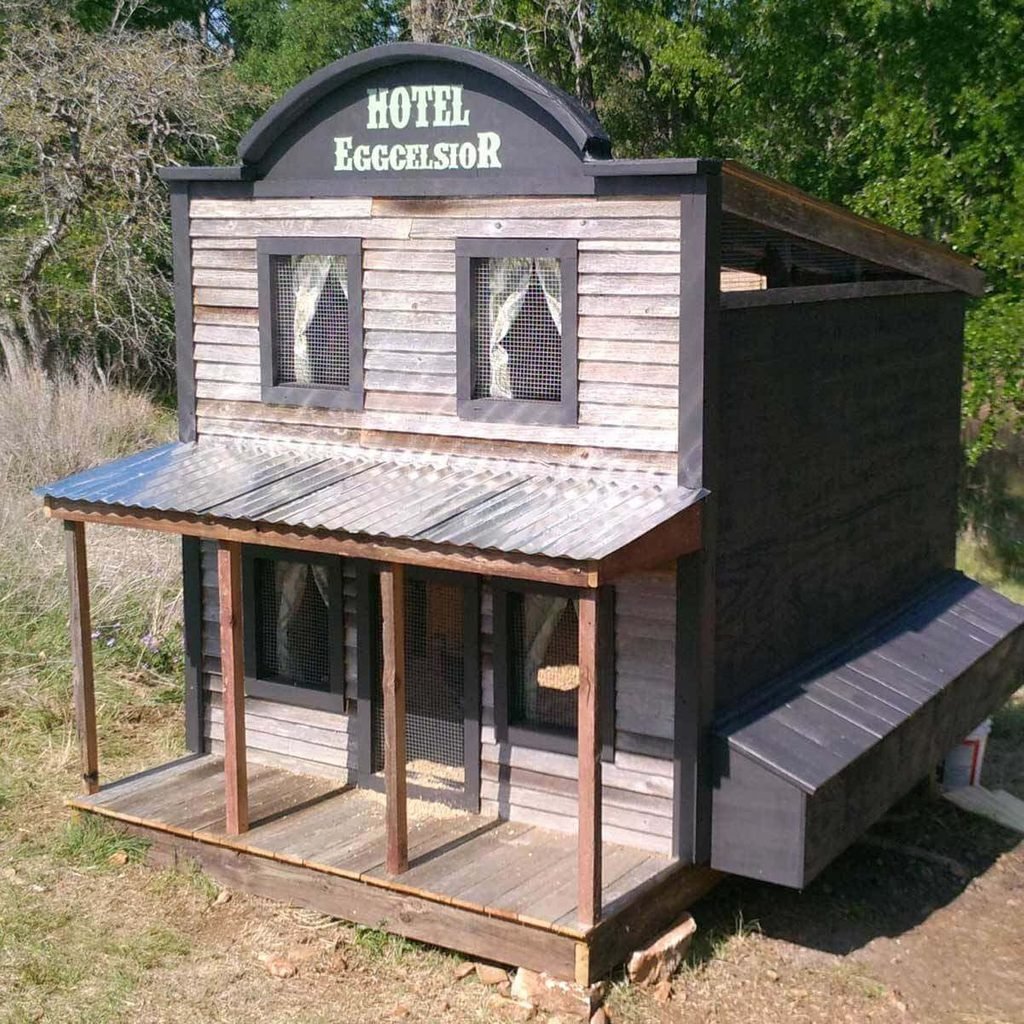Cluckin' Awesome: Your Ultimate Guide to Crafting the Perfect Chicken Coop
Keeping chickens can be a wonderfully rewarding experience, whether you're looking to enjoy fresh eggs, natural pest control, or simply the joy of having feathered friends in your backyard. However, before you can enjoy the benefits of chicken keeping, you need to start with the right foundation: the perfect chicken coop. Choosing the right coop is crucial, as it will provide your chickens with a safe and comfortable environment to live and thrive.
In this ultimate guide, we will explore various factors to consider when selecting a chicken coop that suits your needs. From understanding the basic requirements for chicken housing to tips on finding or building a coop that fits your space and budget, we will help you make informed decisions. Let’s get started on your journey to creating a cluckin' awesome home for your chickens.
Choosing the Right Location
Selecting the ideal spot for your chicken coop is crucial for both the health of your chickens and the functionality of your setup. Look for a location that offers a level surface to make construction easier and to prevent water from pooling under the coop. Ideally, this area should be slightly elevated to help with drainage, ensuring that your chickens stay dry during rainy weather.
Another important factor is sunshine and shade. Chickens thrive best with a balance of sunlight and shade throughout the day. Make sure your coop is positioned to receive morning light, which helps warm it up, while also providing shade during the hottest parts of the day. This setup will contribute to the overall well-being of your flock by protecting them from heat stress.
Lastly, consider accessibility and safety. The coop should be easily reachable for daily tasks such as feeding, collecting eggs, and cleaning. Additionally, it's important to locate the coop away from potential predators like dogs, raccoons, and foxes. A secure fence surrounding the area can enhance safety, making it a secure haven for your chickens.
Essential Design Features
When selecting a chicken coop, one of the most crucial aspects to consider is ventilation. Proper airflow helps keep the environment inside the coop comfortable for your chickens, preventing the buildup of moisture and harmful gases. Look for designs that incorporate windows, vents, or screens that can be opened and closed, allowing you to adjust the airflow based on weather conditions. Good ventilation will not only promote a healthier coop but also reduce unpleasant odors.
Another key feature is the security of the coop. ferrantinet are vulnerable to various predators, including raccoons, foxes, and even hawks. Ensure that the coop has solid construction with sturdy materials. The doors should have secure latches, and any windows or openings should be covered with hardware cloth instead of chicken wire, as it provides better protection. A well-secured coop will protect your flock from threats and give you peace of mind.
Lastly, consider the size and layout of the coop. Chickens need enough space to roam, lay eggs, and socialize. The general guideline is to provide at least 4 square feet per chicken inside the coop and 10 square feet per chicken in the outdoor run. Additionally, the interior should have nesting boxes that are easily accessible for both the chickens and you. A thoughtfully planned layout can significantly enhance the overall well-being of your flock and make chicken keeping a rewarding hobby.

Maintenance and Care Tips
Regular maintenance of your chicken coop is essential to ensure a healthy living environment for your chickens. Clean the coop at least once a week to remove droppings, old bedding, and any leftover food. This not only helps prevent diseases but also keeps the coop smelling fresh. Use appropriate cleaning tools, such as a rake and shovel, to make the process easier, and consider using disinfectants that are safe for poultry to sanitize surfaces.
Inspect the coop regularly for signs of wear and tear. Check for any broken or damaged areas that could allow predators to enter or compromise your chickens' safety. Pay attention to the roof, walls, and the area around the nesting boxes. Additionally, ensure that the coop is well-ventilated to provide a comfortable environment, especially during the warmer months. This can help prevent issues such as heat stress and respiratory problems in your flock.
Providing fresh water and food is also crucial to the maintenance of your chicken coop. Ensure that the waterers are cleaned and refilled daily to prevent the growth of harmful bacteria. Rotate and replenish feed regularly, keeping in mind the nutritional needs of your chickens. A well-maintained feeding and watering setup will contribute to your chickens' overall health and productivity, making your chicken coop a truly cluckin' awesome place for your feathered friends.